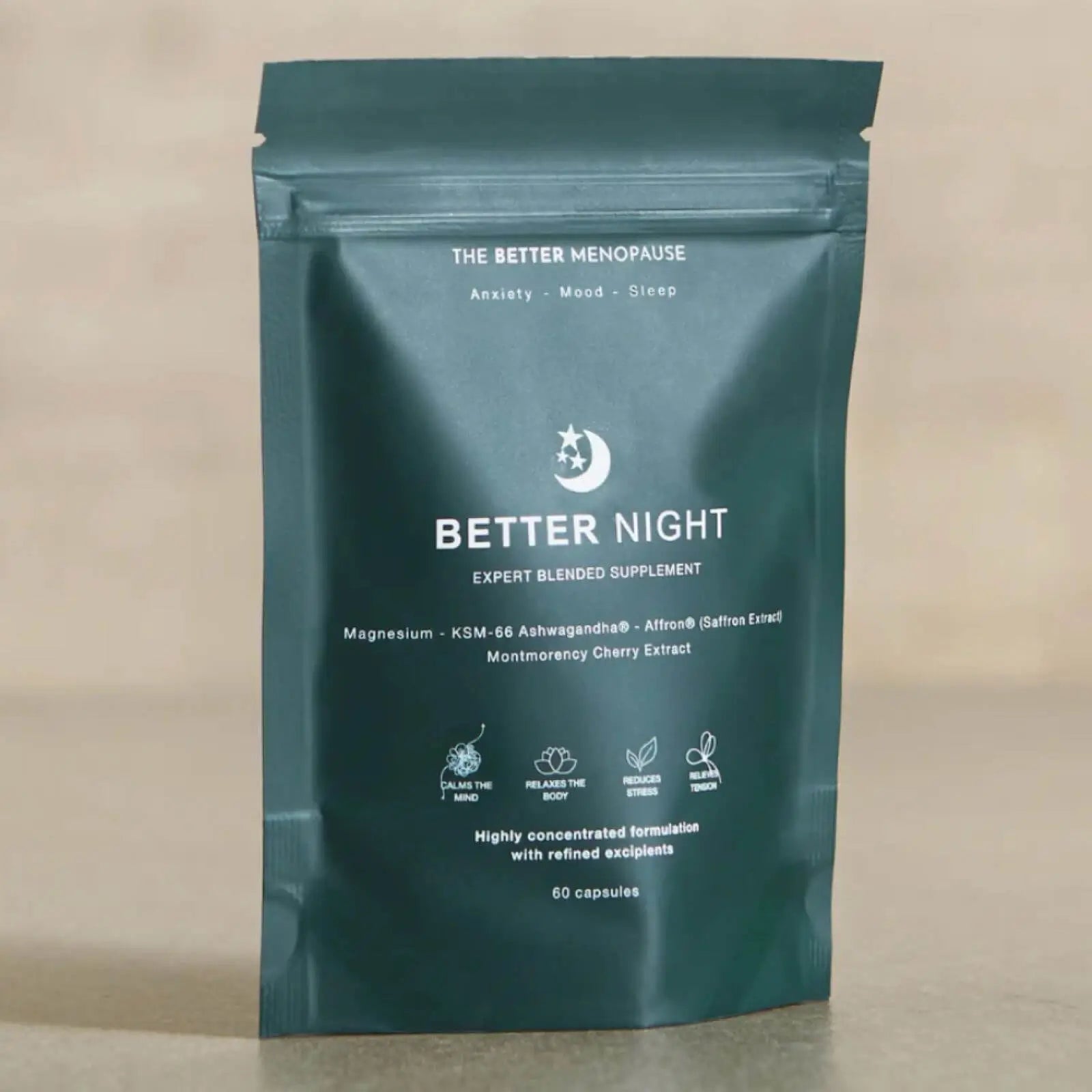
Unravelling the Connection Between Menopause and Histamine: Understanding Symptoms and Coping Strategies
Perimenopause marks the natural phase in a woman's life, where her reproductive hormones begin to decline. During this time, hormonal fluctuations can give rise to various physical and emotional changes. One lesser-known aspect of menopause is its potential impact on histamine levels in the body. Histamine is a chemical involved in the body's immune response and can play a role in triggering a range of symptoms. In this blog post, we will explore the relationship between menopause and histamine, the symptoms it can cause, and effective strategies for managing them.
Understanding Menopause and Histamine:
Menopause occurs when a woman's ovaries stop producing eggs, leading to a decline in oestrogen and progesterone levels. These hormonal changes can affect various bodily systems, including the immune system, potentially influencing the release and regulation of histamine. Histamine is primarily known for its role in allergic responses, as it is released when the body detects an allergen. However, it also plays a role in maintaining many other physiological processes.
The Connection Between Menopause and Histamine:
During menopause, fluctuations in hormone levels can trigger an increase in histamine release or interfere with its proper breakdown and regulation. This phenomenon can lead to a condition known as histamine intolerance or sensitivity, where the body has difficulty processing histamine efficiently.
Histamine intolerance during menopause can manifest in various ways, as histamine is found throughout the body and can impact multiple systems. Some common symptoms include:
- Hot Flushes: Histamine can trigger vasodilation and, in turn, hot flashes – a hallmark symptom of menopause.
- Sleep Disturbances: Elevated histamine levels can lead to insomnia and disrupted sleep patterns.
- Skin Issues: Histamine intolerance may cause skin problems such as hives, rashes, or itching.
- Digestive Problems: Histamine can contribute to gastrointestinal symptoms like bloating, abdominal pain, and diarrhoea.
- Headaches: Histamine can dilate blood vessels in the brain, triggering headaches or migraines.
Managing Histamine Intolerance During Menopause:
If you suspect histamine intolerance is exacerbating menopausal symptoms, there are several strategies to help manage its effects:
- Low-Histamine Diet: Adopting a low-histamine diet involves avoiding or limiting histamine-rich foods like aged cheeses, fermented foods, processed meats, and alcohol. Instead, focus on fresh, unprocessed foods and consider incorporating antihistamine foods like ginger and quercetin-rich vegetables (onions, broccoli).
- Probiotics and Gut Health: A healthy gut microbiome is essential for histamine regulation. Consider taking probiotics to support gut health and consider adding fermented foods that are well-tolerated, like natural yoghurt, kefir and kimchi.
- Vitamin C: This antioxidant can help degrade excess histamine in the body. Including vitamin C-rich foods or supplements may be beneficial.
- Quercetin Supplements: Quercetin is a natural antihistamine found in various fruits and vegetables. Supplements can help manage histamine levels during menopause.
- Stress Reduction: High-stress levels can worsen histamine intolerance. Incorporate stress-reduction techniques such as meditation, yoga, or spending time in nature.
Conclusion:
Menopause is a transformative phase in a woman's life, and the interaction between hormone fluctuations and histamine levels can contribute to a range of symptoms that vary from woman to woman. By understanding the connection between menopause and histamine and implementing strategies to manage histamine intolerance, women can navigate this transitional period with greater ease. As always, it is crucial to consult a healthcare professional for personalised advice and guidance on managing menopausal symptoms and histamine intolerance. Embracing lifestyle changes and seeking appropriate support will enable women to maintain their overall well-being and embrace the next chapter of life with grace and resilience.


